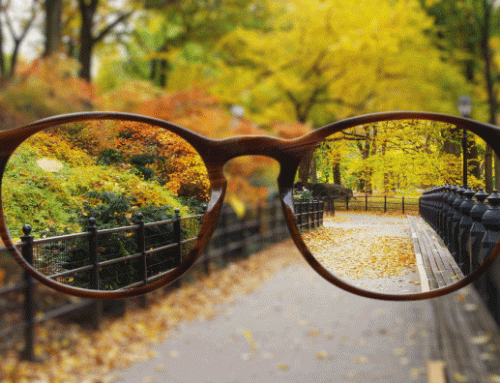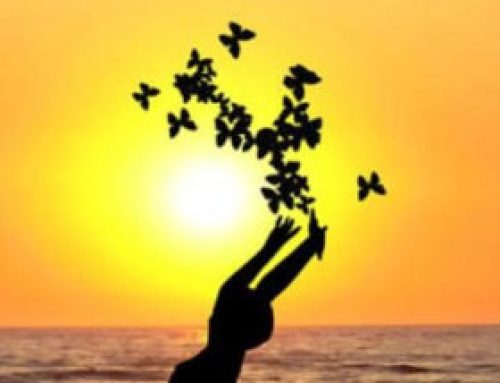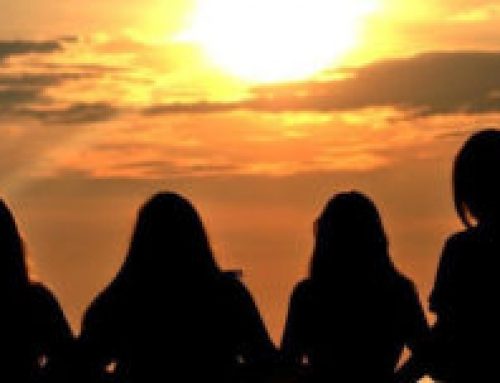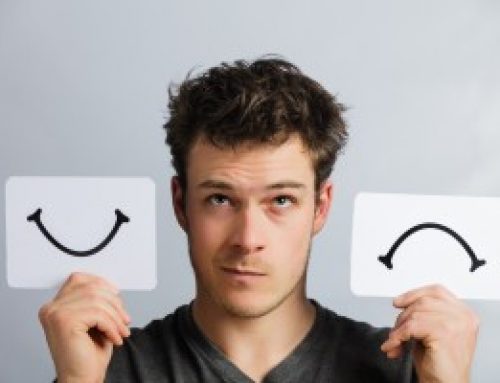It’s the most wonderful time of the year….but is it? Although holidays are a time of joy, cheer and laughter for some, for others, the opposite holds true. Research indicates that 1 in 10 Americans will experience depression at one point in their life, and this number increases during the holiday season, which starts at Thanksgiving and goes through the New Year (Https://www.healthline.com/health/depression/statistics-infographic)
Research suggests that there are numerous causes that contribute to holiday blues. Below is a list of some of these causes: (Https://www.ucdmc.ucdavis.edu/welcome/features/20081217_holiday_blues/index.html)
Time Change: When we set our clocks back in the fall, we lose daylight, so it becomes darker outside for a longer period of time. As a result, individuals report decreased energy, increased sadness, decrease in motivation to engage in interesting or pleasurable activities and changes in sleep patterns.
Increased Alcohol Use and Overeating: The holidays lend itself to a time of celebration, and often times that means an increase in alcohol consumption and overeating. Individuals who drink too much around the holidays may experience symptoms of depression due to alcohol’s depressant nature. Additionally, with all the celebrations, increased food consumption can lead to poor self-body image and self-esteem.
Decreased Sleep: With all the celebrations around the holidays, it is not uncommon for people to sleep less. Decreased sleep contributes to an individual feeling tired and lacking energy, which may lead to an increase in experiencing depressive symptoms.
Packed Scheduling/Lack of Planning: The holidays are a time for getting together and catching up with family and friends. Often times, this can create a packed schedule, and a feeling like there are not enough hours in the day. Additionally, lack of scheduling and planning can lead to last minute errands. Trying to get things done at the last moment can lead to increased stress and contribute to the holiday blues.
Lack of Exercise: With the change in weather (cold, dark, rainy) and the increased plans around the holidays, people tend to exercise less during the holidays. Exercise is beneficial in reducing and preventing the symptoms of depression. Thus, decreased exercise can worsen symptoms of depression.
Time of Reflection: The holidays are a time to reflect on successes, accomplishments and relationships with family and friends. Unfortunately, this may also mean that people reflect on what they feel they have not accomplished, failures and strained relationships or loss of a loved one. For those that feel a lack of connectedness with others, this can create a feeling of social isolation. Such feelings can increase feelings of sadness as well as decrease self-esteem.
So, how can we help rid ourselves of the holiday blues?
Practice self-care: In the midst of the holiday chaos, remember to pay attention to your own needs and self-care. Listen to your body when it is talking to you!
Spend time in the sunlight (this may mean you have to get up a bit earlier)
Limit your alcohol consumption
Develop healthy sleeping patterns
Plan Ahead. Schedule out who you want to see and when so that you are organized in your plans and not feeling too packed. Remember, you don’t have to see everyone-think about who is important to you and prioritize those people first. Additionally, planning ahead will allow for you to get holiday shopping done in a timely fashion so you are not feeling rushed right before the holiday festivities.
Focus on what you have and what is going right in your life, as opposed to what you don’t have or what you don’t think is going right in your life.






